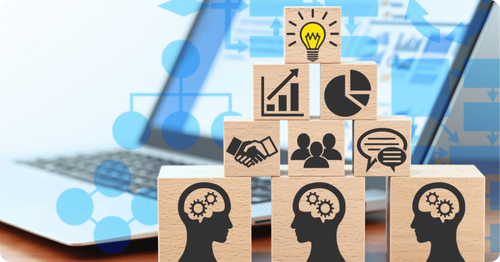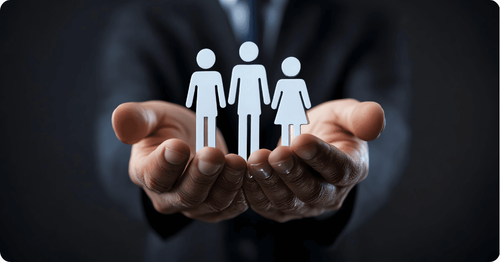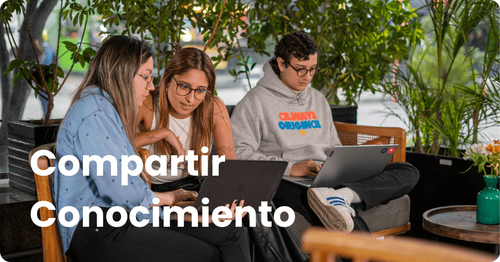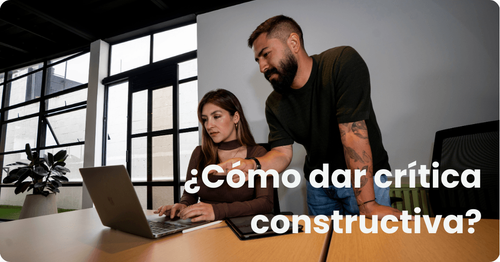En el blog
Entrevistas e ideas que están dando forma al futuro del trabajo

Latest article

¿En qué consiste la seguridad psicológica en el trabajo?
Hay un momento bastante común en conversaciones con líderes de HR en el que alguien dice algo así como “aquí promovemos la seguridad psicológica”.&n[...]

Por Emilio García
13 February, 2026







